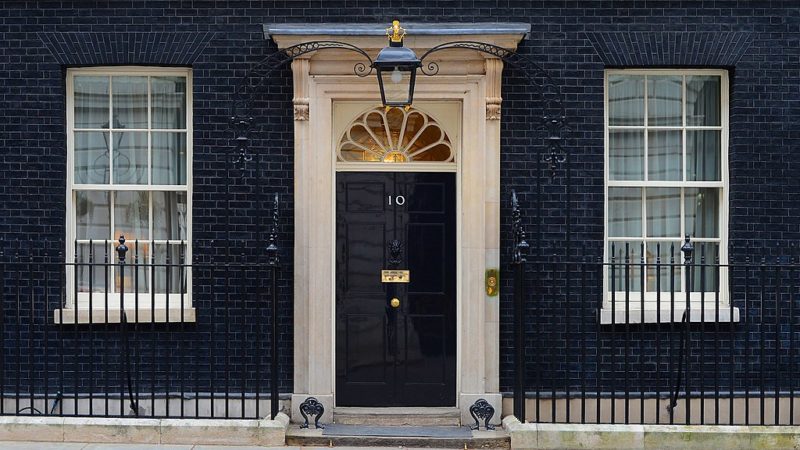
Two decades of devolution are under attack. The UK internal market bill is designed to bring an end to devolution as we know it and recalibrate a centralisation of power into the hands of 10 Downing Street. This is not accidental. It has been clear since the beginning of the Brexit debate that far-right idealogues in the Conservative Party have long seen it as an opportunity to cement their neoliberal economic and social agenda into the framework of a centralised British nationalist state.
The Tory contempt for devolution, the constitution and the rule of law grows year-on-year. Consistent use of the royal prerogative and legislation to bypass parliament or to limit scrutiny has become normalised. The consistent legislative undermining of devolution and the Sewel convention now has the appearance of a fait accompli. The bill may be the nail in the coffin of devolution, catalysing a political process that leads to the inevitable fracturing or break up of the United Kingdom.
As pronounced by Wales’ counsel general on behalf of the Welsh government: “The UK government plans to sacrifice the future of the union by stealing powers from devolved administrations… The bill is an attack on democracy and an affront to the people of Wales, Scotland and Northern Ireland.” It is the culmination of a series of bills and proposals that, in a similar vein, seek to centralise powers in the hands of UK ministers even where they relate to areas of responsibility that have long been devolved by parliament. These are powers that will be exercised by the UK government alone, bypassing Welsh consent and even UK parliamentary scrutiny.
The combined impact will lead to the greatest recentralisation of power experienced by any European state since World War Two. Powers exercised for decades under the umbrella of the EU’s framework will not now revert to where parliament designated they should be via the devolution statutes. A post-Brexit shared prosperity fund will have little to do with prosperity and sharing – and even less to do with public accountability. Assurances on food and environmental standards and on protection of the NHS have become increasingly incomprehensible.
Health in Wales is devolved, and the Welsh Labour government is committed to protecting it from privatisation and the internal market. But international trade is reserved to the UK government. It is clear that US corporations and trade negotiators have their sights set on the NHS across the UK. And an international agreement is likely to be used to override devolved resistance to privatisation and to non-regression in environmental and food standards.
The internal market bill will become the driving force and means to achieve this. It will concentrate power in the hands of UK government ministers, with limited parliamentary scrutiny and afford the power to override the Welsh government. It will drive a coach and horses through the Wales Acts and the referendum that established devolution. Legislative consent will be denied by Wales and Scotland, thereby confining the Sewel convention once and for all to the constitutional dustbin.
There is no room left for polite discourse. 10 Downing Street has declared war on the devolved administrations with its willingness to cast aside decades of devolution and, in the process, turn Westminster into little more than a talking shop. Alongside ongoing proposals to shackle the role of the Supreme Court and restrict judicial review, the shocking ministerial admission in parliament that that the government is prepared to break international law by unilaterally pressing ahead with changes to the Brexit agreement on Northern Ireland, this Tory administration is driving a stake through the heart of the rule of law – a cornerstone of democratic government.
Coming just months before Welsh and Scottish parliamentary elections, the UK is recklessly drifting towards an eventual break-up. Out of this chaos there emerges a once-in-a-lifetime opportunity for Labour leader Keir Starmer to seize the political initiative and become the nations’ champion for progressive reform of the constitution; to defend the rule of law; to promote democracy and champion a new voluntary union based on the principles of equality and social justice.




More from LabourList
‘Labour is being badly misled on housing’
Reeves bets on patience over populism
‘Energy efficiency changes must work for older private renters’